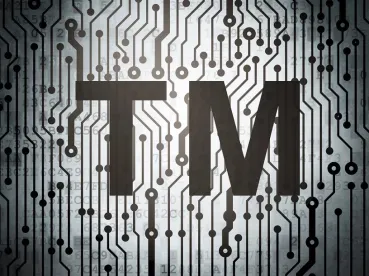The United States Federal Circuit Court of Appeals (CAFC) recently vacated a Trademark Trial and Appeal Board (TTAB) ruling that had ordered the cancelation of JobDiva’s JOBDIVA service marks for personnel placement and recruitment services on the basis of abandonment. In re Jobdiva, Inc., No. 2015-1960, 2016 WL 7187434 (Fed. Cir. Dec. 12, 2016).
JobDiva’s software provides a database of employment applications for hiring managers to fill job openings. The software uses automated “harvesters” to find job candidates, reviews resumes, and helps hiring managers directly communicate with job candidates. The product is often delivered on a software-as-a-service or “SaaS” model. With the SaaS format, customers access JobDiva software remotely via the internet, rather than through software downloaded on a personal computer.
JobDiva initially petitioned to cancel the registration for JOBVITE service marks owned by Jobvite, Inc., alleging a likelihood of confusion. But Jobvite counterclaimed and petitioned to cancel JobDiva’s marks, arguing that JobDiva did not actually perform personnel placement and recruitment services, but merely used its marks on software offerings. A registration may be cancelled for abandonment if the mark has not been used for the goods or services specified in the registration. The TTAB agreed with Jobvite, appearing to apply a bright-line rule that required JobDiva to show “it performed the ‘personnel placement and recruitment’ services in a way other than having its software perform those services.”
A three-person panel of the CAFC disagreed. It acknowledged that “the line between services and products sometimes blurs.” But “[e]ven though a service may be performed by a company’s software, the company may well be rendering a service.” To determine whether a mark is used in connection with services described in a registration, a key consideration is user perception. Thus, the ultimate question is whether purchasers would perceive JobDiva’s marks to identify personnel placement and recruitment services, even if the software performs each step of the service. Because consumer perception is a fact-based inquiry determined on a case-by-case basis, and the TTAB applied the wrong legal standard, the opinion below was vacated and remanded. This CAFC opinion rejects a rigid test and states that “careful analysis is required to determine whether web-based offerings, like those JobDiva provides, are products or services….” Rather, a more nuanced assessment, based on consumer perception must be applied. U.S. trademark practitioners should consider this approach in crafting appropriate goods and services and formulating enforcement strategies.




 />i
/>i

